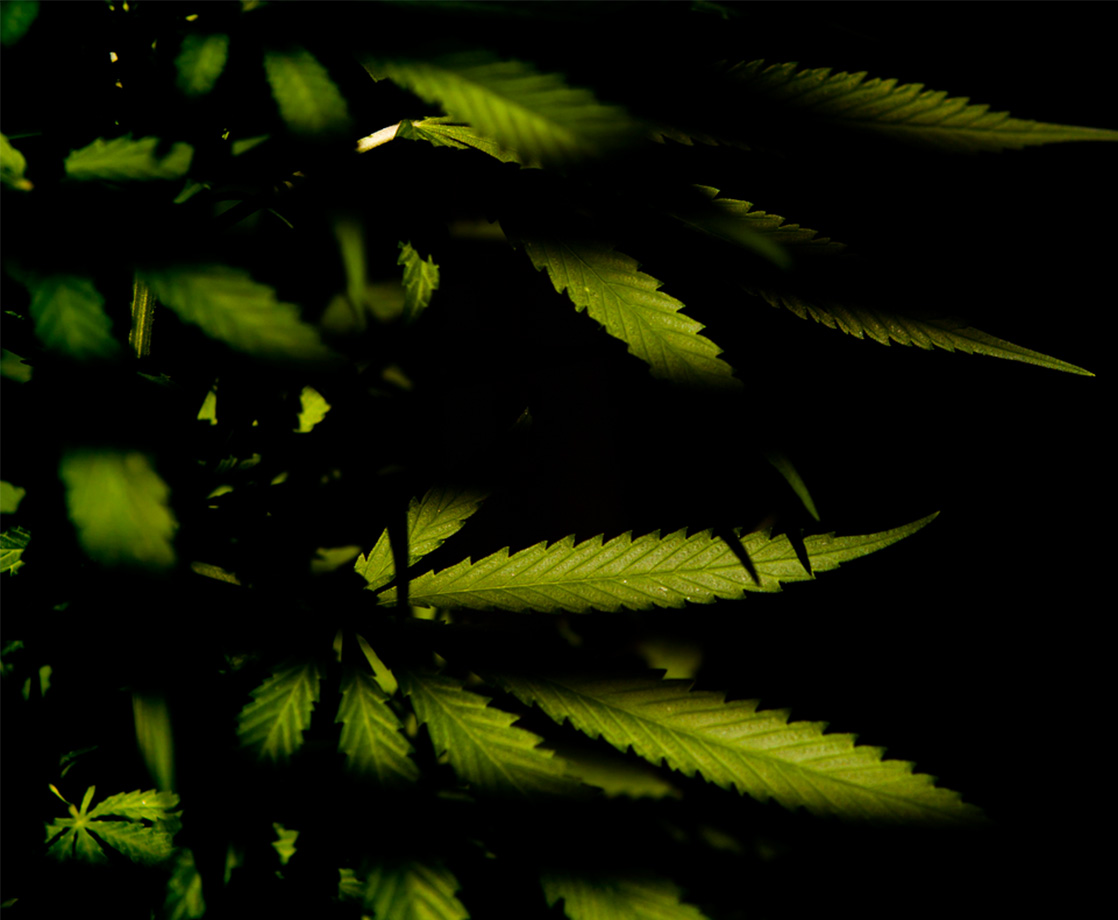Indiana cops aren’t happy about the green rush currently sweeping the US.
According to the News and Tribune, an Indiana State Police spokesperson reported that Indiana’s cops “have observed an increase of specialty marijuana products coming from states like California or Colorado with established laws permitting their use.”
California was the first US state to legalize medical marijuana in 1997, and Colorado was the first to legalize recreational marijuana in 2012. Indiana has kept all marijuana illegal, though exceptionally ill patients may sign up for the state’s extremely restrictive CBD oil program.
“It started small, and it’s escalated, but with more states [legalizing] marijuana, we’ve definitely felt the effects here,” Mark Palmer, Clarksville’s police chief, told the Associated Press.
Late last year, Palmer’s department conducted a weed bust of just two suspects that netted over 100 pounds of weed, 4 pounds of wax, and 15,000 “marijuana vape pens.” Altogether, Clarksville’s operation, performed in a partnership with the Southern Indiana Drug Task Force, estimated they confiscated $1.5 million worth of drugs and $1.7 million in cold, hard cash.
Indiana’s weedy woes won’t be going up in smoke any time soon. The state is currently bordered by three other states with some form of legalized cannabis – Ohio is medical only, while Illinois and Michigan are both recreational and medical.
Kentucky, the fourth state bordering Indiana, hasn’t legalized medical or recreational cannabis. But Kentucky used to be America’s biggest hemp producer, and the state recently began permitting hemp cultivation, manufacturing, and sales for the first time in over half a century.
Despite ongoing black market pressure originating in neighboring states, Indiana may not join the cool kids’ cannabis club sometime in the far-off future. The state’s current governor, Eric Holcomb, recently admitted that although he blazed buds in college, he (rather hypocritically) supports full pot prohibition in the Hoosier State.
Rep. Rita Fleming (District 17) said she’s considering lowering the penalties for weed, but she wants to see how things pan out in Colorado and California first.
“I don’t find that to be terribly controversial,” she said, regarding penalty reductions. “But on the other hand, to allow more widespread use of marijuana, I’m not saying it’s a bad thing, but I do want to look at more data.”
Follow Randy Robinson on Twitter











